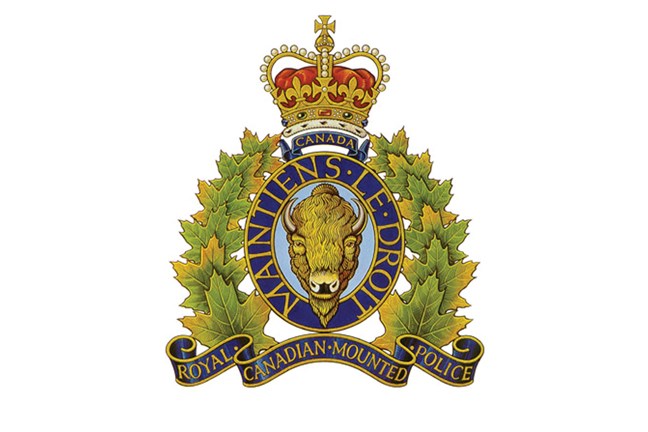A dedicated team will be deployed to keep an eye out for people traveling outside their regional zones for reasons deemed non-essential, and other police services will not be reduced, BC RCMP said in a statement issued Friday.
Instead of random checks, road checks will be conducted. While the exact spots are still to be determined, RCMP said they will be in place on highways one, three, five and 99 between the combined Coastal and Fraser Health regions and the combined Northern and Interior Health regions.
Signs will be placed well ahead of the road checks to warn travellers and provide them the opportunity to safely turn around if the purpose of their travel in not essential. When a road check is active, a notification will also been made on the BC RCMP website and social media channels.
Essential reasons for travel include visits to long-term care and assisted-living facilities as well as for health care and taking someone to a medical appointment, moving and going to work.
"We recognize that these checks will impact traffic flow and could potentially lead to delays," RCMP said.
"Leading up to the May long weekend we encourage everyone to revisit their plans and limit travel outside of their community. By working together, we will help to slow the spread of COVID-19 and return to normal seasonal travel more quickly."
Earlier Friday, B.C. solicitor general Mike Farnworth said police conducting checks will only ask drivers and not their passengers whether they're travelling for non-essential reasons.
He said passengers will not be questioned for constitutional reasons based on legal advice, so the stops at high-traffic corridors and two ferry terminals don't stray into potential investigations.
Drivers may be asked for their name, address, licence and secondary documentation confirming their address if they have moved, Farnworth said.
- with files from The Canadian Press



